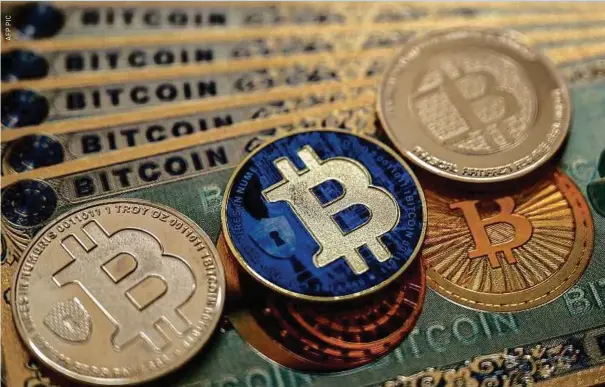US Push to Become ‘Cryptocurrency Capital’ May Drive Global Market Growth
United States President-elect Donald Trump’s ambition to establish the country as the “cryptocurrency capital of the world” could accelerate global efforts to regulate digital assets and foster a dynamic crypto market, experts have suggested.
Stephen Innes, managing partner at SPI Asset Management, highlighted that Trump’s initiative could lead to significant advancements in crypto guidelines. “This US-led overhaul could spark a global regulatory alignment, or perhaps a race among nations to become the preferred crypto haven,” he stated.
Innes noted that US-inspired regulations could elevate investor confidence by introducing consistency in the global market, attracting both institutional investors and retail participants. However, he cautioned against the inherent risks in the volatile crypto sector. “Investors should tread carefully; the regulatory winds can shift rapidly, and the interconnectedness of a US-centric crypto world amplifies systemic risks,” he added, warning of potential cyber threats, custody challenges, and political unpredictability.
The Trump administration’s decision to appoint David Sacks as the “White House artificial intelligence (AI) and crypto czar” underscores its determination to lead in the digital asset sector. Aaron Tang, Luno’s General Manager for Asia Pacific, acknowledged the implications of this move. “Many countries look at the US regarding regulatory policies, so this is another step towards a mature crypto landscape with guardrails for adoption,” Tang remarked.
Malaysia’s Role in the Global Crypto Landscape
Tang pointed out that while Malaysia has made significant strides in crypto regulation, it remains to be seen how closely nations will mirror US policies. “Malaysia has progressive crypto regulations, as evidenced by the first digital asset exchange approvals that were given out in 2019. This milestone was achieved way earlier than many advanced countries, such as Singapore,” he noted.
Malaysia’s Securities Commission (SC) has been at the forefront of regulating the country’s digital asset activities. Following the implementation of the Capital Markets and Services (Digital Currency and Digital Token) Order 2019, six companies have been registered as Recognised Market Operators to run digital asset exchanges in the country.
Bank Negara Malaysia, however, does not recognize cryptocurrencies as legal tender. Despite this, the central bank and the SC continue to monitor the crypto market to ensure compliance with laws, including anti-money laundering and countering the financing of terrorism regulations.
“Overall, the cryptoasset market in Malaysia remains small relative to the domestic financial market, with limited interlinkages between these two markets,” Bank Negara stated. It also emphasized its ongoing exploration of blockchain-based asset tokenization for financial services as part of broader innovation efforts in the regulated financial sector.
A Global Race to Lead in Digital Assets
Trump’s crypto-focused agenda has the potential to reshape the global digital asset market, driving innovation while introducing challenges. As countries like Malaysia and others assess the ripple effects of US policies, the race to lead in the crypto sector is set to redefine the future of financial markets.
With Trump’s administration doubling down on its ambitions, the global financial community faces a pivotal moment in balancing regulation, innovation, and investor protection.

